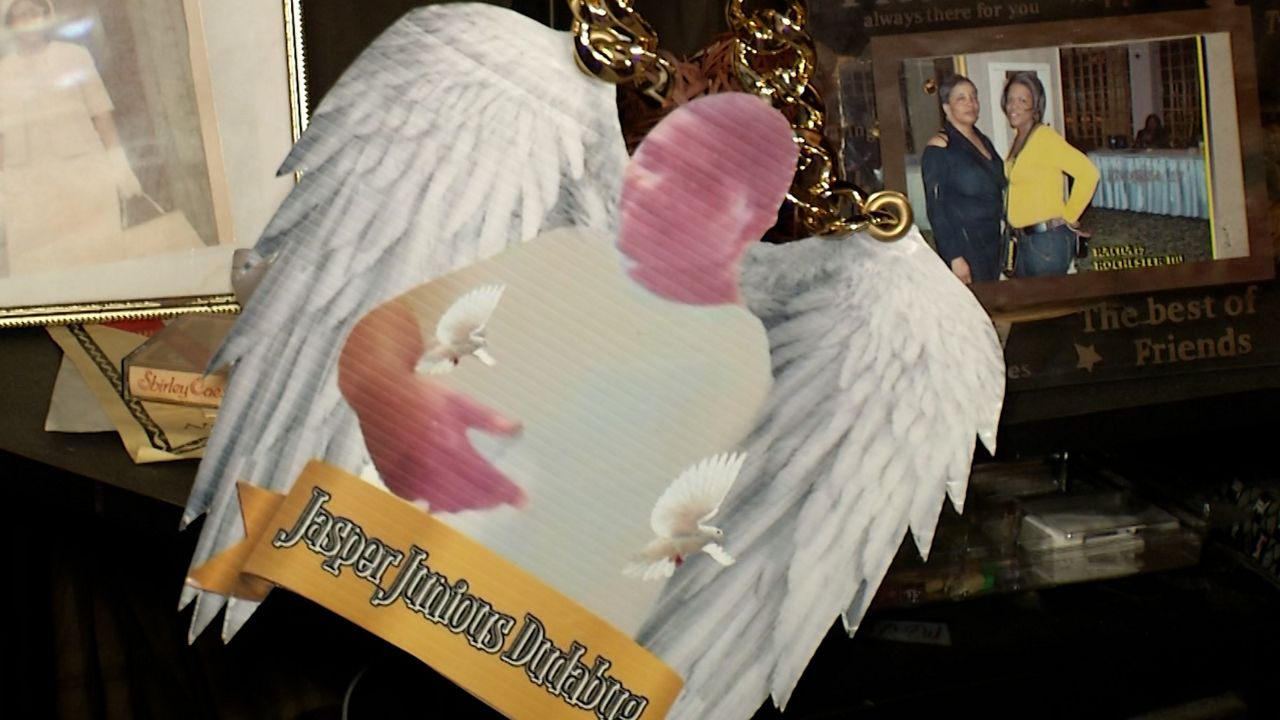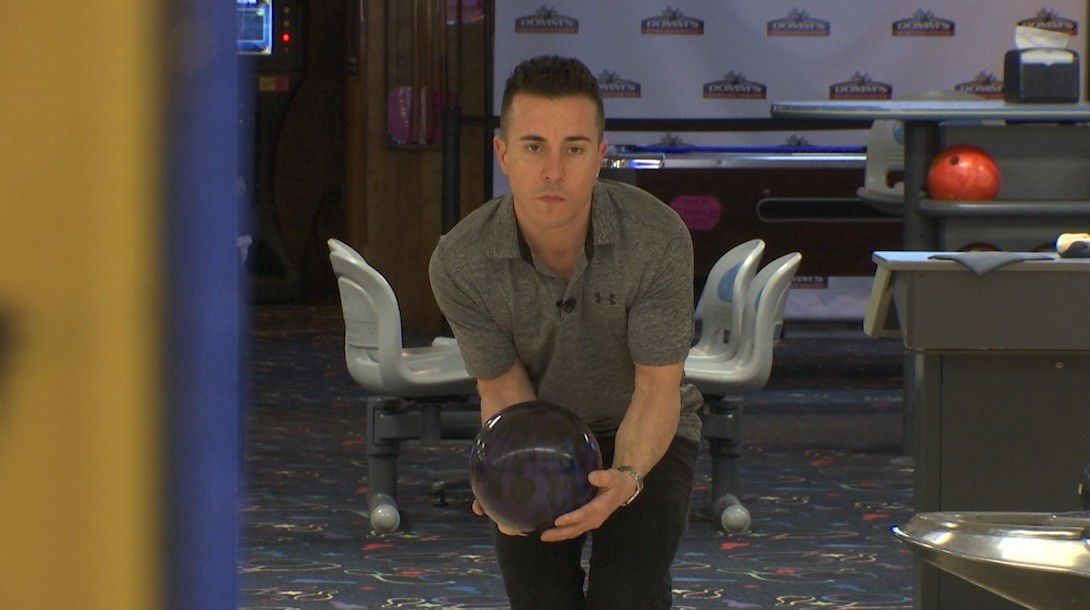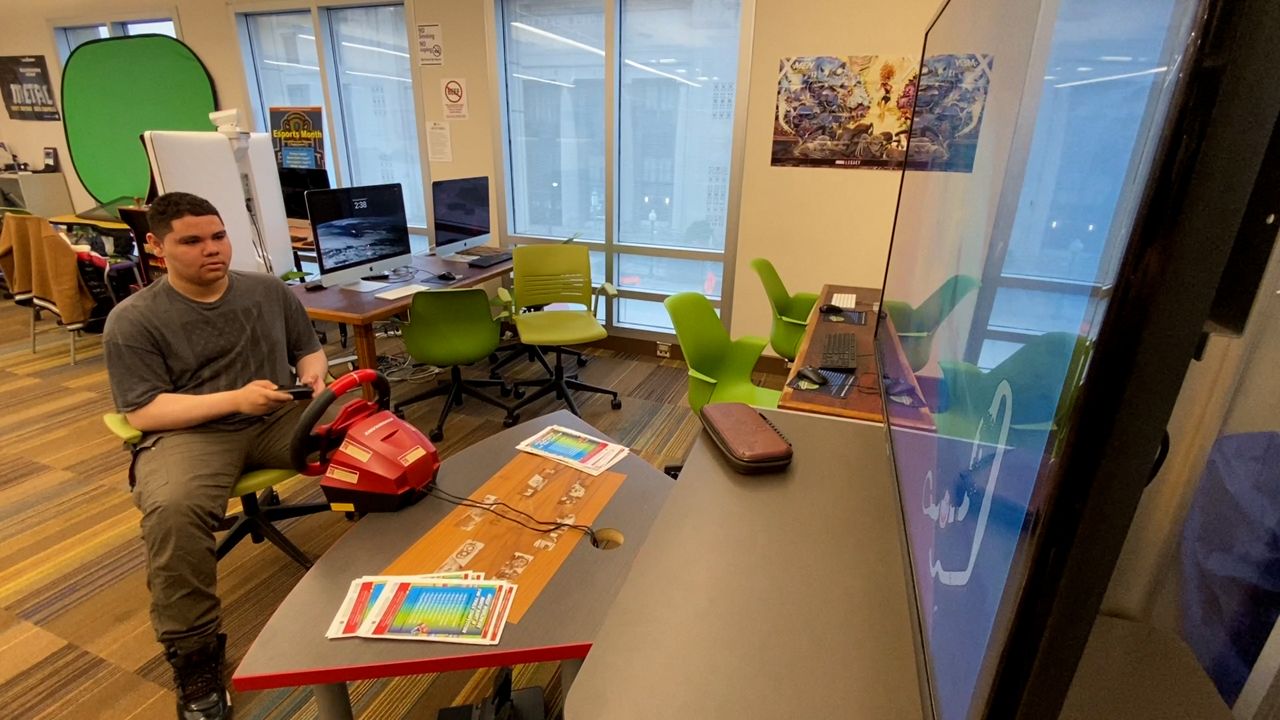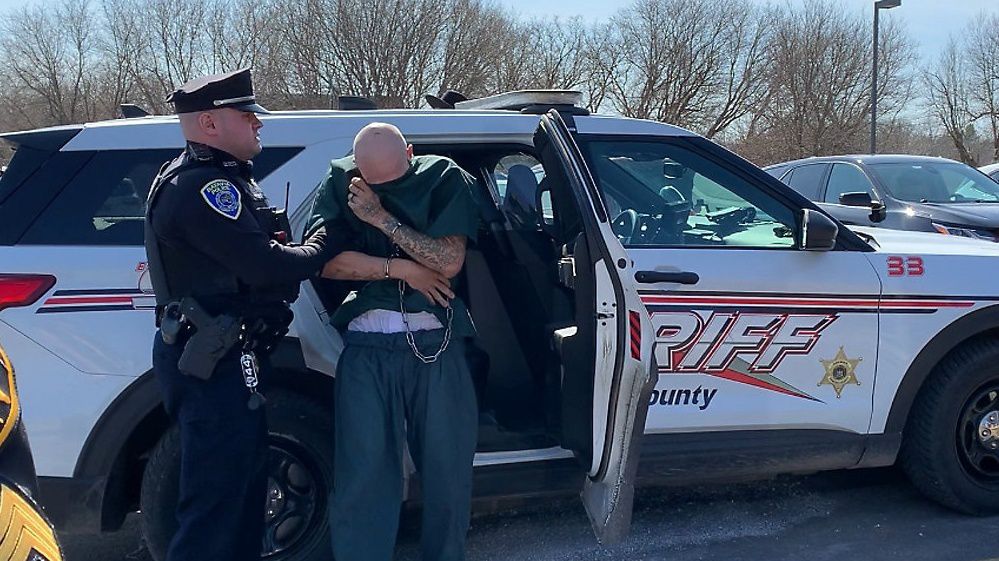ROCHESTER, N.Y. — In preparation for the total solar eclipse, retinol specialist Dr. Rajeev Ramchandran lights the importance of protecting your eyes.
"The back of the eye is the part of the eye that processes light, that comes into the eyes and translates into a signal to the brain through the optic nerve and the brain is what visualizes the images," Dr. Ramchandran said.
He works at the Flaum Eye Institute at University of Rochester’s Medical Center. He explains that’s how we see, adding that it’s the U.V. and infrared rays from the sun that can cause damage to our eyes without proper eye protection.
"The glasses themselves, you know, they offer various degrees of protection, but the sun is so intense that even a few seconds to even a minute of looking at the sun can cause so much damage that it may be permanent. And so that’s why the only real assurance for not getting this damage is not looking at the sun during the eclipse," he said.
He says consequences can appear as waviness in your vision, or missing the fine details of something as simple as a face. He adds it can be painless, and even happen over time, but the damage can be permanent. Seniors and young children can be more susceptible to damage.
"Young children who have very clear lenses are more susceptible to have damage of their eyes in the retina because of the light coming into their eyes. It’s not stopped by any thing in their eye that’s causing the blocking of light to pass through," Dr. Ramchanran explained. "The other thing is in older adults who have something called macular degeneration or problems in their retina to begin with, they’re most susceptible for having vision problems and so that’s why they’re more at risk for having eye problems when looking at bright light like they are intense light, like the sunlight that has UV and infrared."
To avoid that, that’s where eclipse viewing glasses come in.
"Eclipse glasses are special. They have very specialized plastic coated lenses here that these coatings are very, very opaque. They don’t allow light to go through very well unless you have very, very high intensity bright sunlight. So when you put these over your eyes, all you see is basically blackness," Dr. Ramchandran displayed.
Eclipse viewing glasses are I.O.S. certified by the National Eye Institute. Made with the same sort of coated material as astronauts use in space. Dr. Ramchandran says there’s nothing quite like them.
"That’s the difference between eclipse glasses and these regular sunglasses that the eclipse glasses block off a thousand times more light than these sunglasses," he said.
He says even post-cataract surgery glasses and prescription sunglasses won’t do the job quite like eclipse glasses. Prescription sunglasses could even magnify potential damage on your retinas.
"That’s what prescription glass does, where you can have tints on it, you can split from glare, you can have areas that protect you from the UV light even, but not as intense as what you need from the sun. The sun is just so intense that it can really burn basically through photochemical damage, the retina, and you want to protect yourself with that," the doctor advised.
However, with the unpredictability of Western New York weather, what if you can’t see the sun during the eclipse?
"Even finding the sun through the clouds, it’s really good to wear eye protection because it can be damaging to your eyes, it may be a little more difficult to view even in your viewing glasses, even through clouds, but clouds alone won’t protect your UV and infrared light from getting to your eyes. So it's really good to wear some type of eye protection whenever looking at the sun," he said.









